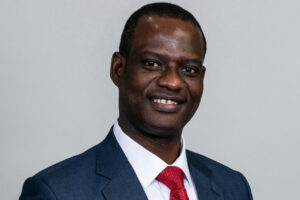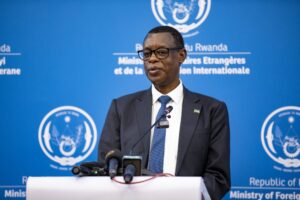
Politician and former Labour Party presidential candidate, Peter Obi, has expressed deep concern over Nigeria’s rapidly escalating debt profile.
In a statement on his X handle, Obi warned that the country’s fiscal trajectory could compromise future generations and worsen living conditions for millions of citizens.
His warning comes one week after the Senate approved a fresh wave of borrowing for the country.
According to Obi, the latest approvals include $21 billion, €2.2 billion, and ¥15 billion in new external loans for the 2025–2026 fiscal cycle, in addition to a N750.98 billion domestic bond issuance and a €65 million grant.
These measures, he said, bring the nation’s total public debt to approximately N187 trillion, with projections suggesting it could exceed N200 trillion by year-end.
“With an already existing public debt of about N149.39 trillion as at the first quarter of 2025, adding the approved loans of about N37.2 trillion brings our current total debt to about N187 trillion, with concerns that our debt might likely be over N200 trillion by the end of 2025,” he said.
“We are accumulating exponential levels of unsustainable debt with little or nothing to show for it in critical areas such as education, healthcare, electricity generation, and security,” Obi stated.
According to the former Anambra State governor, Nigeria’s pre-rebased GDP stood at N269.2 trillion (around $180 billion), meaning total borrowing now represents nearly 70% of the previous GDP. Even after the recent GDP rebasing, which revised the figure upward to N372.8 trillion (approximately $243.7 billion), Nigeria’s debt-to-GDP ratio now hovers at 50.16%—the highest in its history.
He emphasised that while Nigeria reported a year-on-year debt increase of N27.72 trillion and a quarter-on-quarter rise of N4.72 trillion, key development metrics remain stagnant or deteriorating.
READ ALSO: Governor Lawal Appoints New Emir Of Gusau Emirate
Despite a government that has increased annual security spending from N2.98 trillion in 2023 to N4.91 trillion in 2025, insecurity remains rampant, with over 10,217 deaths and 672 villages sacked within a two-year span.
Obi said basic infrastructure also continues to lag, with roughly 135,000 kilometres of Nigeria’s 195,000 km road network remaining unpaved, while electricity supply has stagnated below 5,000 megawatts for a population of over 200 million.
He also cited alarming statistics on poverty and malnutrition, noting that 133 million Nigerians—around 63% of the population—are now classified as multi-dimensionally poor. He called attention to a report from Médecins Sans Frontières (MSF) that disclosed the deaths of 652 children in Northern Nigeria due to malnutrition, singling out Katsina State as one of the most affected.
“This is a country blessed with enormous resources, yet nobody should go to bed hungry,” he said. “A persistent deficiency in leadership has thrown the majority of our citizens into increasing poverty.”
He stressed that borrowing is not inherently detrimental if targeted at productive, high-impact investments with transparent and measurable outcomes. However, he accused the current administration of fiscal irresponsibility.
“This pattern of borrowing without accountability and transformational impact is simply mortgaging the future of our children,” he stated. “The government should show minimum consideration for the future of young and unborn Nigerians.”
He appealed for economic reform, urging the government to cut wasteful spending, block revenue leakages, and prioritise investments in human capital.
“It is time to stop this fiscal indiscipline,” he declared. “We must build a New Nigeria, where leadership is responsible, development is people-centred, and every kobo borrowed or spent delivers measurable impact.”




